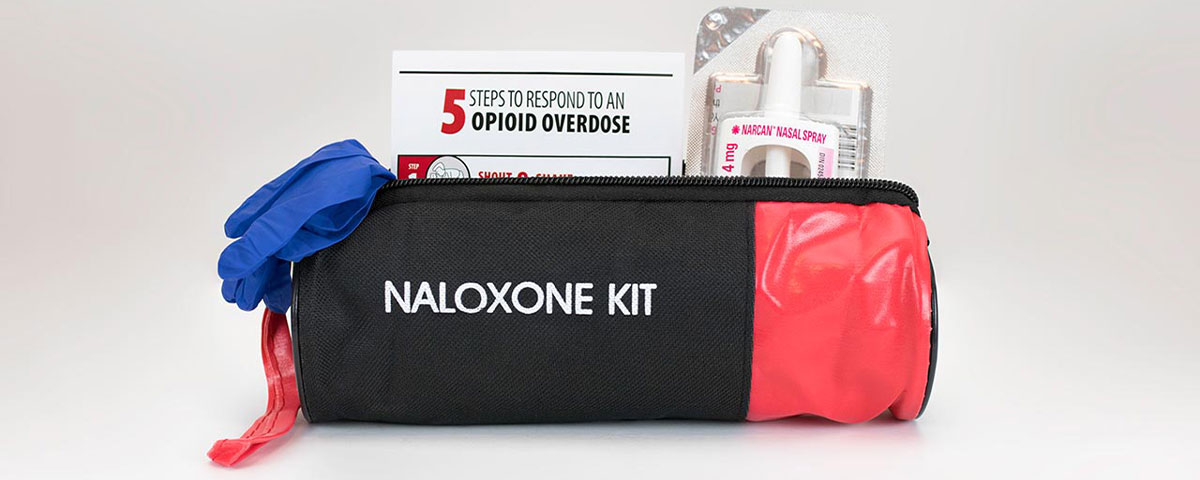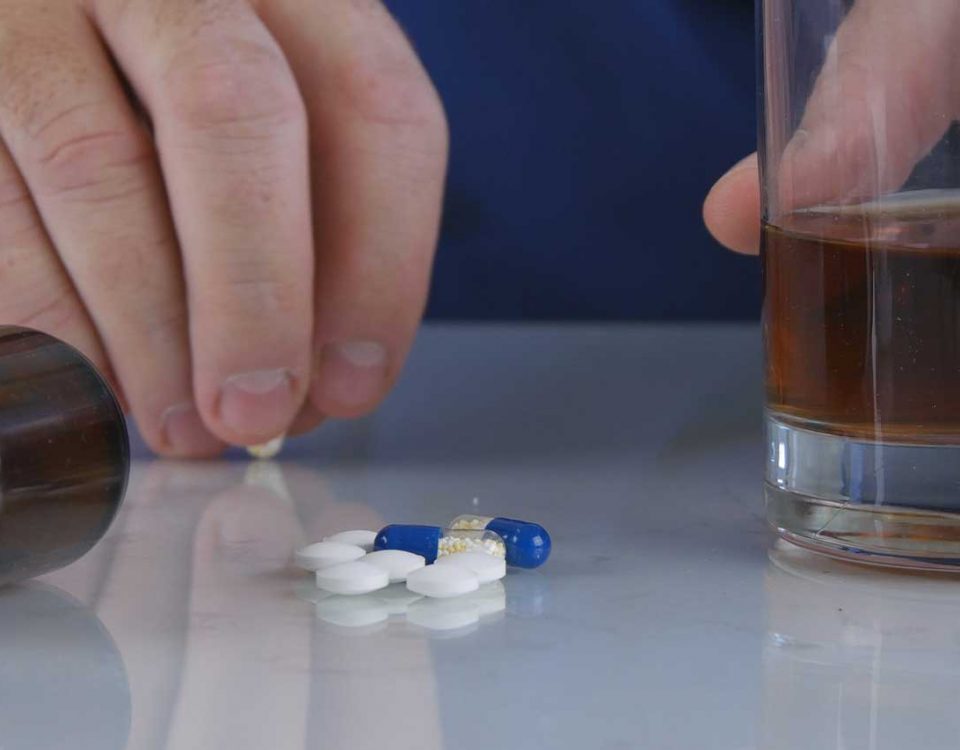Between 1999 to 2008, almost 450,000 people died from opioid-related overdoses.1
To curb the opioid epidemic, naloxone has been incorporated into opioid treatments to help prevent further deaths from occurring. Because of its growing success, many researchers and officials believe that increased access to naloxone can prevent opioids overdose deaths.At our Massachusetts drug treatment center, we’ve read about the success stories involving naloxone and how it’s saved the lives of many. While we acknowledge the benefits of this medication, we firmly believe that addiction treatment can help prevent the repercussions of substance abuse, including overdose.
What is Naloxone Overdose Treatment?
Naloxone is a medication that is designed to quickly reverse the effects of an opioid overdose. It is commonly used by medical personnel and other first responders to reverse the effects of an overdose. It works by attaching itself to opioid receptors and blocking other opioids from taking effect. Naloxone works rapidly to regulate breathing and restore breathing. Naloxone is one of the safest treatments for opioid overdoses and often causes side effects in individuals with opioids in their system. At Banyan Massachusetts, we know that substance-specific treatment is the most efficient way of treating a substance abuse disorder. While naloxone is a medication that is successful for opioid overdoses, individuals with this type of addiction can avoid overdose and further health complications with opiate addiction treatment.Naloxone Programs
Several programs have shown that increased access to naloxone can prevent opioid overdose deaths, one of them being the overdose education and naloxone distribution program in Massachusetts (OEND). OEND is a program that offers friends and family of opioid users education and training on how to recognize an opioid overdose and how to treat it if one occurs. This program also offers naloxone products and training on how to issue them. The great thing about these programs is that people who feel at risk of overdosing or know someone they think may overdose can learn how to administer naloxone for overdose prevention. In these kinds of emergencies, waiting for help is not always safe or possible. By offering education and wider access to this medication, people in this situation can potentially save a life.These programs are geared towards individuals who either have opioid prescriptions or know someone who takes opioids. Programs like the OEND don’t encourage opioid abuse or consider naloxone a quick fix to opioid addiction. Rather, these programs are designed to educate people on the dangers of opioid abuse, overdose, and how to use naloxone to prevent overdose-related death.
Additional Efforts That Can Be Made
The Centers for Disease Control and Prevention recommends several additions that can be incorporated for opioid overdose prevention, including:2- Offering Naloxone to patients receiving high doses of opioids (50 morphine milligram equivalent or higher)
- Keeping pharmacies stocked with naloxone
- Naloxone education for patients, caregivers, parents, and the community
At Banyan Treatment Centers Massachusetts, we’re continuously learning about new ways to help individuals heal from their addictions. If you or a loved one is battling this disease, call us at 888-280-4763 for more information about our facility and different levels of care.
Sources:









